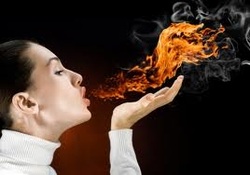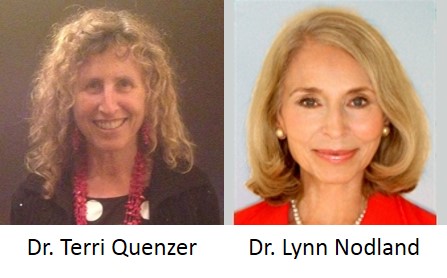
Halitosis, or bad breath, is a chronic condition that affects 50-60% of those in Western countries. According to John McDougall, MD, bad breath is usually due to microbial putrefaction, a process in which bacteria decompose proteins in the mouth and the large intestine, and generate foul-smelling gaseous sulfur compounds that contain dihydrogen sulfide and methyl mercaptan, both of which are offensive in very low concentrations.
Here are seven reasons you might have bad breath:
Resources:
David L. Katz, MD, http://www.oprah.com/health/Halitosis-What-to-Eat-to-Battle-Bad-Breath
Denise Mann, http://www.webmd.com/oral-health/features/low-carb-diets-can-cause-bad-breath
John McDougall, MD, The McDougall Newsletter, http://www.nealhendrickson.com/mcdougall0201P2.htm
Elizabeth M Ward, MS, RD, http://www.webmd.com/oral-health/features/bad-breath-good-and-bad-foods
Here are seven reasons you might have bad breath:
- Animal-based protein. The primary source of the proteins that decompose in your mouth and large intestine is animal-based foods. Methionine and cysteine are the only two amino acids that contain sulfur (out of the 20 amino acids that make up all proteins in plants and animals). Proteins that contain the most methionine and cysteine are found in red meats, poultry, cheeses, and all other animal-based foods.
- Low-carbohydrate diets. By limiting the amount of fuel your body can burn from carbohydrates, low-carb diets force your body to burn fat instead, causing your body to go into ketosis. Ketones, compounds produced by ketosis, smell bad.
- Pungent foods. Garlic and onions have smelly sulfur compounds that linger in your mouth. The sulfur compounds get absorbed in your bloodstream and are expelled when you exhale.
- Coffee and alcohol. These create a favorable environment for bacterial growth in your mouth. They also dry your mouth which reduces the amount of saliva flow that can flush out foul-smelling bacteria or dead cells on your tongue.
- Oral problems. Dental abscesses, gum disease, and poor oral hygiene account for 80-90% of chronically bad breath. Food particles that have been left long enough between teeth get broken down by bacteria, releasing smelly sulfur compounds.
- Medications. Many medications dry out your mouth, leaving you with no saliva to flush the smelly bacteria or dead cells from your gums and tongue.
- Illness or disease. Sinus infection, sore throat, infected lungs, kidney or liver failure, uncontrolled diabetes, bowel obstruction, and a metabolic condition called fish-odor syndrome can all cause halitosis.
Resources:
David L. Katz, MD, http://www.oprah.com/health/Halitosis-What-to-Eat-to-Battle-Bad-Breath
Denise Mann, http://www.webmd.com/oral-health/features/low-carb-diets-can-cause-bad-breath
John McDougall, MD, The McDougall Newsletter, http://www.nealhendrickson.com/mcdougall0201P2.htm
Elizabeth M Ward, MS, RD, http://www.webmd.com/oral-health/features/bad-breath-good-and-bad-foods



 RSS Feed
RSS Feed